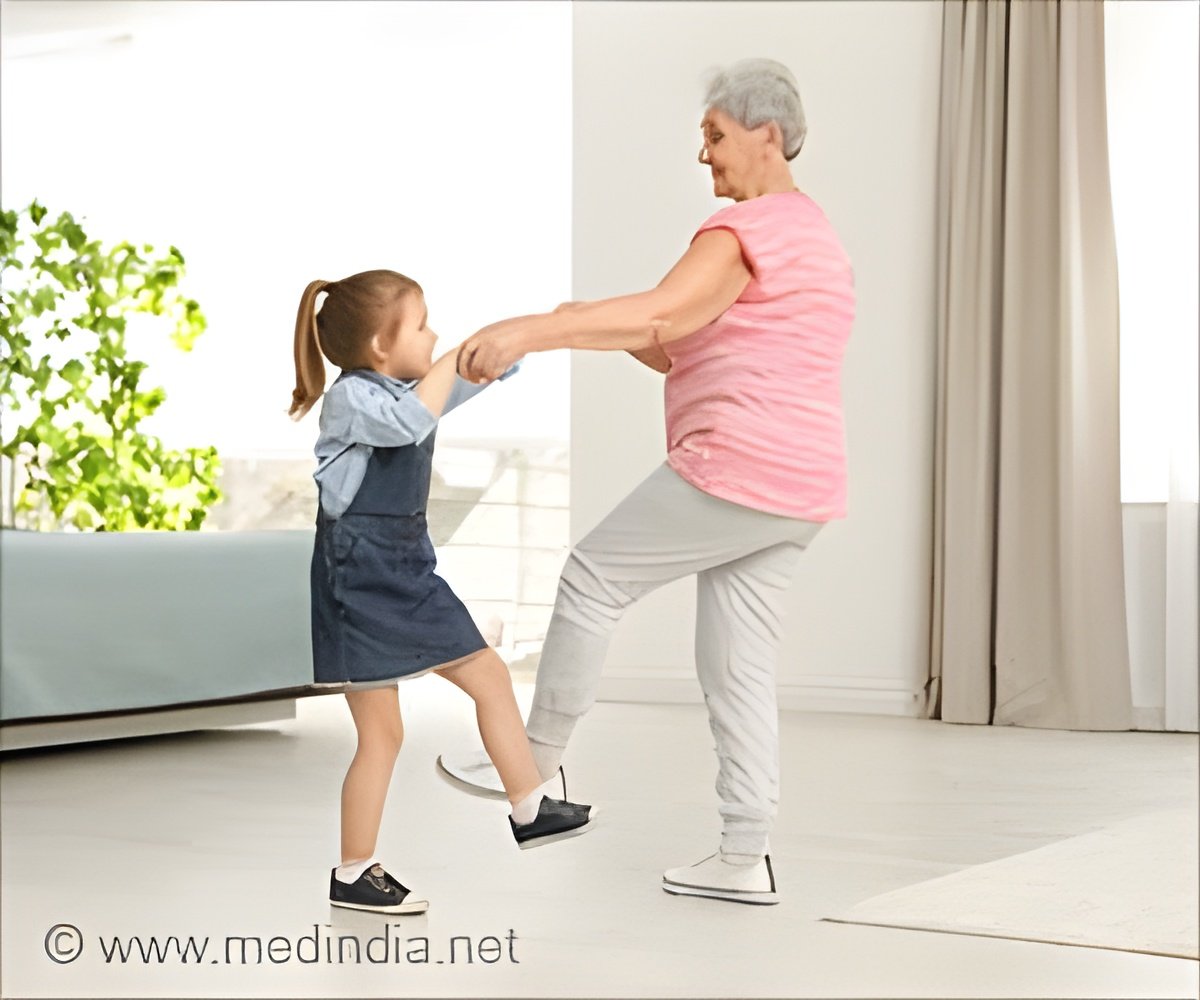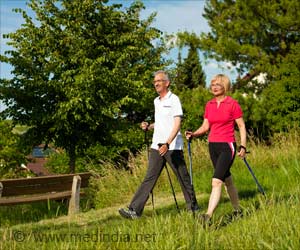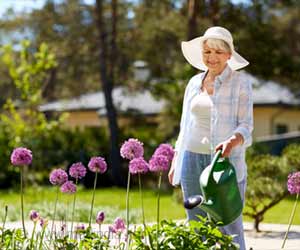Dancing with aged people can improve mood, promote exercise, and create closeness between grandparents and grandchildren during this COVID-19 lockdown.

‘Dancing with aged people can improve mood, promote exercise, and create closeness between grandparents and grandchildren during this COVID-19 lockdown.’
Read More..




In a study at the Kibbutzim College and University of Haifa in Israel, sixteen dance movement therapists met with their grandmothers for three free-form dance sessions. The goal was to determine how these sessions would affect each group, and whether intergenerational bonds might strengthen as a result. The study also wanted to examine a potential low-cost method to treat issues commonly faced by an aging population, such as depressed mood and limited mobility. Read More..
"The increase of the proportion of elderly in the population, along with the increase in the age group of adult grandchildren necessitates creativity and innovation in providing diverse resources and support," says author Dr. Einat Shuper Engelhard.
Shuper Engelhard analyzed taped videos of the sessions, personal diaries, and semi-structured interviews between granddaughters and grandmothers to analyze the effect of DMT. She found that for grandmothers, dancing promoted positive feelings and improved mood. For granddaughters, dancing shifted their perspective of aging and allowed them to process their grandparent’s eventual death. Both groups expressed gratitude and felt their bond was stronger after the sessions.
Dance was chosen as a unique and versatile intervention since it can improve muscle strength, balance, and endurance, prevent anxiety and depression, and aid with dementia -- all issues commonly faced among the elderly population. It also offers a model for low-cost and accessible community support.
Each of the three sessions was conducted one week apart and took place in the grandmother’s home for just 10 to 15 minutes. Granddaughters were nervous at first over their ability to provide a meaningful experience, but were instructed to mirror their grandmother’s movements, encourage their abilities, and give them space to rest when needed.
Advertisement
The study was limited in its scope as only 32 individuals participated (16 grandmother-granddaughter pairs) and, while the study was open to grandchildren of all genders, all participants were female. Moreover, all granddaughters in this study were dance/movement therapists by design, but Shuper Engelhard would like to see the research replicated in other populations. With an activity as simple and accessible as free-form dancing, aging populations can improve their physical and mental health and also connect with their loved ones.
Advertisement














